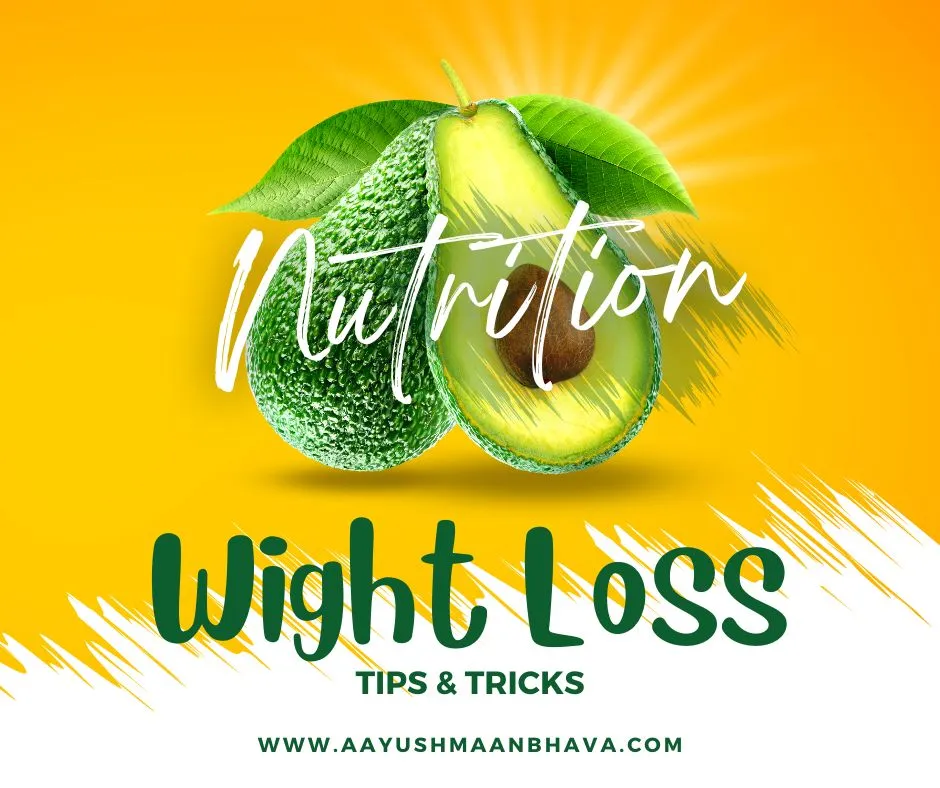Are you struggling to get rid of stubborn belly fat? You don’t have to starve or endure extreme workouts to burn those extra pounds. You can eat these 7 foods to shed unwanted belly fat.
Belly fat is a common problem for women. Even though it’s not harmful, it affects our self-esteem. Several ways to reduce belly fat include exercising regularly, drinking plenty of water, and avoiding junk food. However, some people also try natural remedies to slim down their tummy.
Certain foods can help you lose belly fat faster. These include avocados, almonds, fish, green tea, and broccoli. Here’s why they work and how to incorporate them into your daily diet.
1. Spinach
Eating spinach regularly can help to reduce cholesterol and increase energy levels. Spinach contains high levels of iron and folic acid, significantly decreasing belly fat. Iron helps to produce red blood cells and carries oxygen throughout our bodies, while folic acid helps keep our DNA and hormones functioning correctly.
Spinach Benefits
Spinach is a low-calorie food. It is rich in water and fiber, which helps in better digestive function and absorption of nutrients. It will keep your metabolism under control, and you will lose weight.
According to studies, spinach also helps stabilize blood sugar levels and reduce harmful cholesterol levels. This is another reason your body will have zero weight gain problems.
Spinach Nutrition
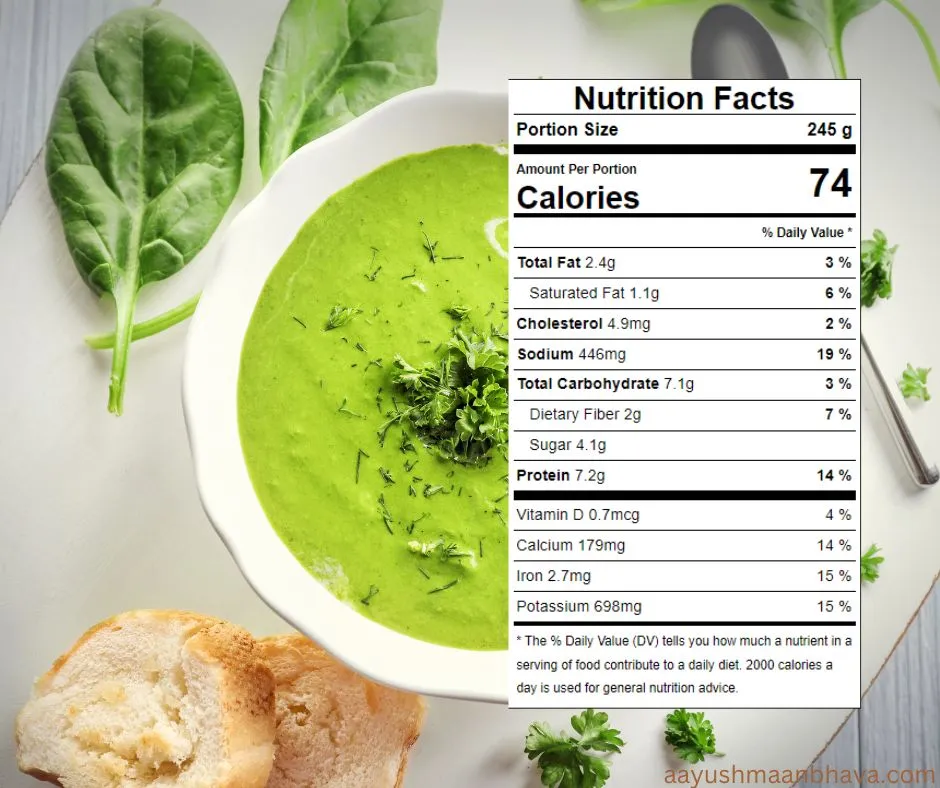
Benefits of Spinach Salad to Lose Belly Fat
Green Goodness
Spinach is a superstar among green leafy vegetables. This low-calorie food is full of nutrients that benefit our bodies. From boosting your immune system — protecting your body from germs — to helping your heart, its benefits will surprise you.
Increases Hydration
You may think drinking water and other beverages is the only way to stay hydrated. But food can help you reach that goal. Spinach is a vegetable that contains almost all the water. Please include it in your meals and snacks throughout the day for extra H2O.
Curbs Appetite
Studies have shown that thylakoid extracts from plants like spinach can suppress your appetite. This happens because they decrease hunger hormone levels and increase fullness hormones that make you feel full. Thylakoids can help clear your stomach afterward.
It Helps to Prevent Osteoporosis
Osteoporosis – A condition that makes your bones weak and breaks easily. Your body is constantly rebuilding bone. You will probably develop osteoporosis if you don’t get enough calcium in your diet. To avoid such conditions, you must include spinach in your diet. Spinach contains calcium, manganese, and vitamin K, essential for healthy bones.
Increases Immunity
Spinach contains vitamins and minerals like vitamin E and magnesium that boost your immune system. This system protects you from viruses and bacteria that cause disease. It protects your body from other things that can be harmful to your body, such as toxins.
You can enjoy different spinach salads here
2. Tomatoes Lose Belly Fat
Tomatoes are a great way to get your daily vitamin C. Vitamin C stimulates collagen production, boosts immunity, fights free radicals, and promotes weight loss. An average tomato has close to 150% of the recommended daily value of vitamin C. To enjoy tomatoes at their fullest potential, buy them fully ripe and store them in the refrigerator until ready to use.
Tomatoes Benefits
The insoluble fiber in tomatoes prevents weight gain, improves the digestive system, and keeps it free from constipation. The water-soluble fiber in tomatoes makes you feel fuller for longer and helps reduce your calorie intake by automatically reducing your cravings. It also acts as a food source for good gut bacteria.
Tomatoes contain a substance called lycopene. It gives them a bright red color and helps them to protect themselves from the sun’s UV rays. Similarly, lycopene can help protect your cells from damage. Tomatoes also contain potassium, vitamins B and E, and other nutrients.
Tomato’s Benefits for Immune System
Lycopene is a powerful antioxidant — it helps fight free radicals that can damage cells and affect your immune function. Because of this, tomatoes rich in lycopene may reduce your chances of developing lung, stomach, or prostate cancer. Some research shows that they can help prevent pancreas, colon, throat, mouth, breast, and cervix diseases.
Tomatoes Benefit the Heart
The lycopene in tomatoes can help lower your LDL or “bad” cholesterol levels and blood pressure. And it reduces the risk of heart disease. Other nutrients in tomatoes, such as vitamins B and E and antioxidants called flavonoids, may also boost your heart health.
The Eyes
Tomatoes contain lutein and zeaxanthin that help protect your eyes from the blue light emitted by digital devices like computers and smartphones. They can help reduce eyestrain and eye strain headaches. And some research shows that consuming tomatoes can reduce your risk of the leading causes of blindness.
Blood Vessels
A regular intake of tomatoes in your diet can reduce your chances of having a stroke caused by a blockage of blood flow to a part of the brain. Studies show that tomatoes can reduce inflammation, boost your immune system, lower cholesterol, and prevent blood clotting. All these things help prevent stroke.
The Skin
You know that hats and sunscreen help protect you from the sun’s rays. Similarly, lycopene in tomatoes protects tomatoes. Consuming tomatoes gives you lycopene, which works internally on your cells to protect your skin from the sun’s rays.
Tomato Nutrition Value
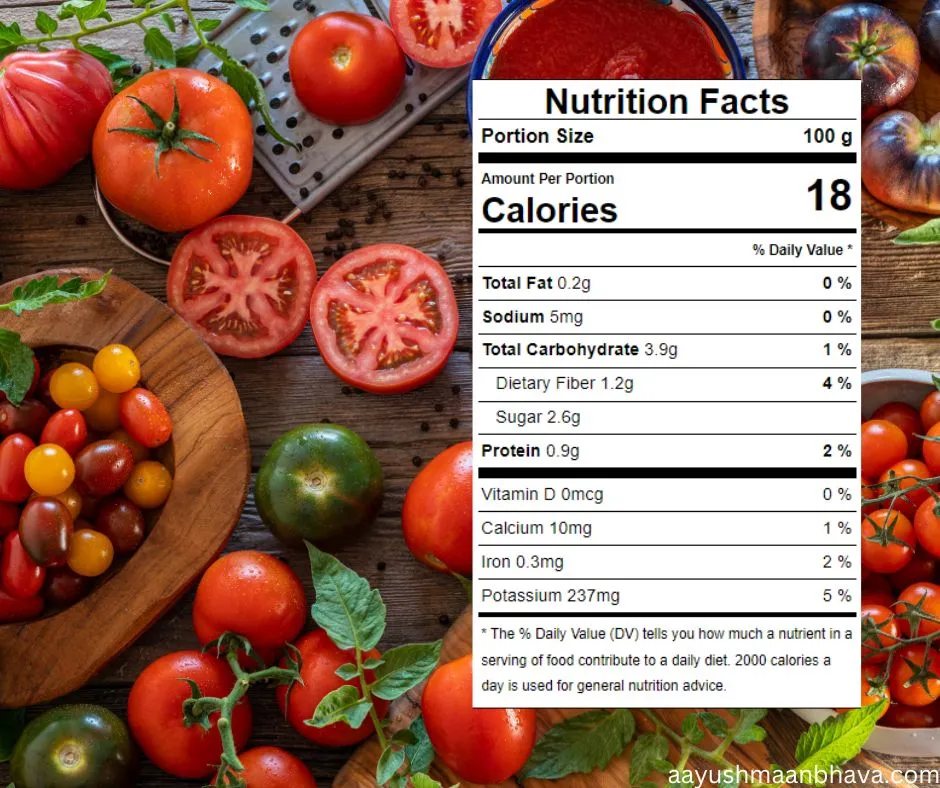
Is Tomato a Fruit?
Botanically speaking, a fruit is an organism that develops from the fertilized ovary of a flower.
This means that tomatoes, squash, pumpkins, cucumbers, peppers, eggplants, and beans are all fruits, like apples, pears, peaches, apricots, melons, and mangoes.
Botanically, a vegetable is any edible part of a plant that is not a fruit, such as leaves (spinach, lettuce, cabbage), roots (carrots, beets, turnips), stems (asparagus), tubers (potatoes), bulbs (onions), and flowers (cauliflower and broccoli).
However, politically and culinary wise, it’s a whole different game.
Tomato Salad
Try some refreshing Tomato Salad
3. Almonds
Almonds are rich in monounsaturated fats, fiber, and protein. These three components work together to reduce cholesterol and maintain a healthy body. A study published in Nutrition Journal showed almonds to improve insulin sensitivity, decrease abdominal fat, and control weight gain.
Almonds Benefits
Almonds Reduce Weight:
Almonds tend to suppress your appetite, which means that you can control what you consume, which helps maintain your weight. Almonds are rich in protein and fiber and are low in carbohydrates, which helps reduce your hunger pangs and keep you from feeling hungry for a long time. It also helps in reducing the number of calories consumed by you every day.
Almonds are Good for Your Eyes:
Although carrots are often said to be good for your eyes, almonds are a high source of vitamin E, which protects your eyes and prevents abnormal changes in your lens. So eating almonds will be very beneficial for protecting your eyes.
Almonds Nourish the Skin:
You may have read about almonds being the main ingredient in most skin products, and that’s because almonds have so many benefits for your skin. Almonds contain a flavonoid that is also found in green tea and broccoli. This ingredient nourishes your skin and protects your skin from anti-aging conditions such as wrinkles.
Almonds Boost Your Brain Power:
Almonds contain L-carnitine and riboflavin, which contribute to the growth of brain cells. A critical chemical that helps the brain with cognitive function is phenylalanine, a chemical found in almonds. Eating just five pieces of almonds every morning can boost your brain power.
Almonds Nutrition
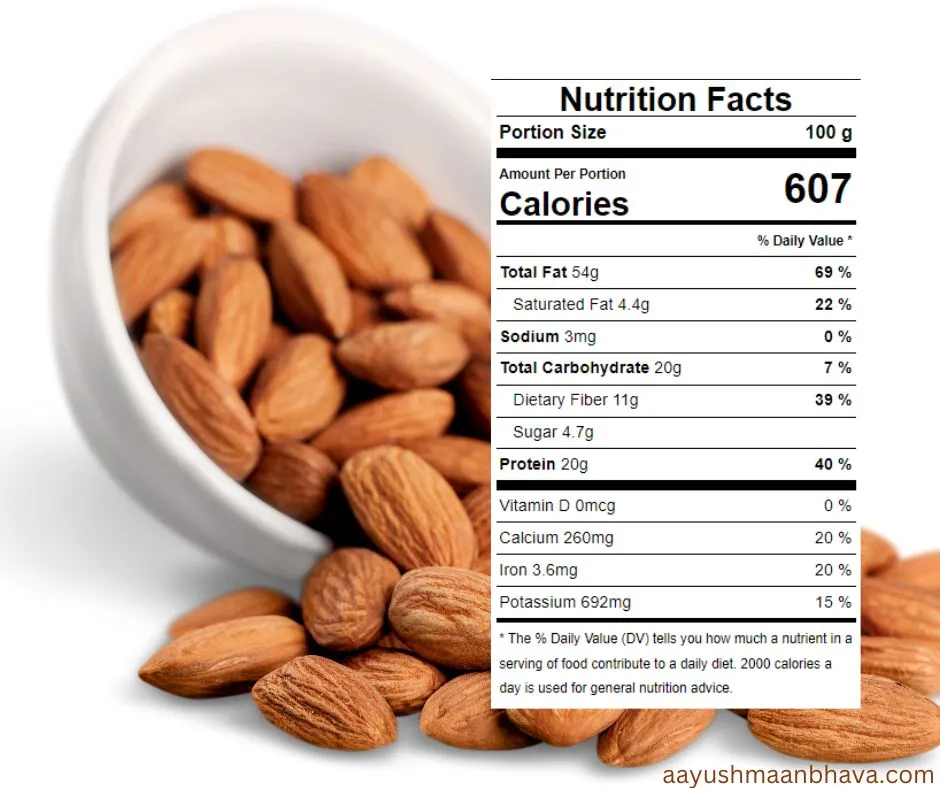
4. Avocados
Avocados are loaded with heart-healthy monosaturated fats. One large avocado has about six grams of monounsaturated fats and three grams fiber. Eating avocados may help reduce bad cholesterol and promote heart health.
Avocados Benefits
Avocados are high in both fat and fiber. Rich fiber makes you feel fuller for longer and allows more time to pass between meals, potentially eating fewer calories.
One study examined how an avocado breakfast affected hunger and satiety in overweight and obese people.
People who ate a whole avocado with their breakfast felt more satiated and less hungry, which makes avocado a valuable tool for appetite regulation and weight loss.
Avocado contains nutrients that may help reduce inflammation and lower cholesterol levels. Eating avocado may help you feel fuller and eat less. Avocados are an ideal food for weight loss.
Avocados have been linked to better weight management. Avocados increase metabolism. And help prevent weight gain.
Avocados Nutrition
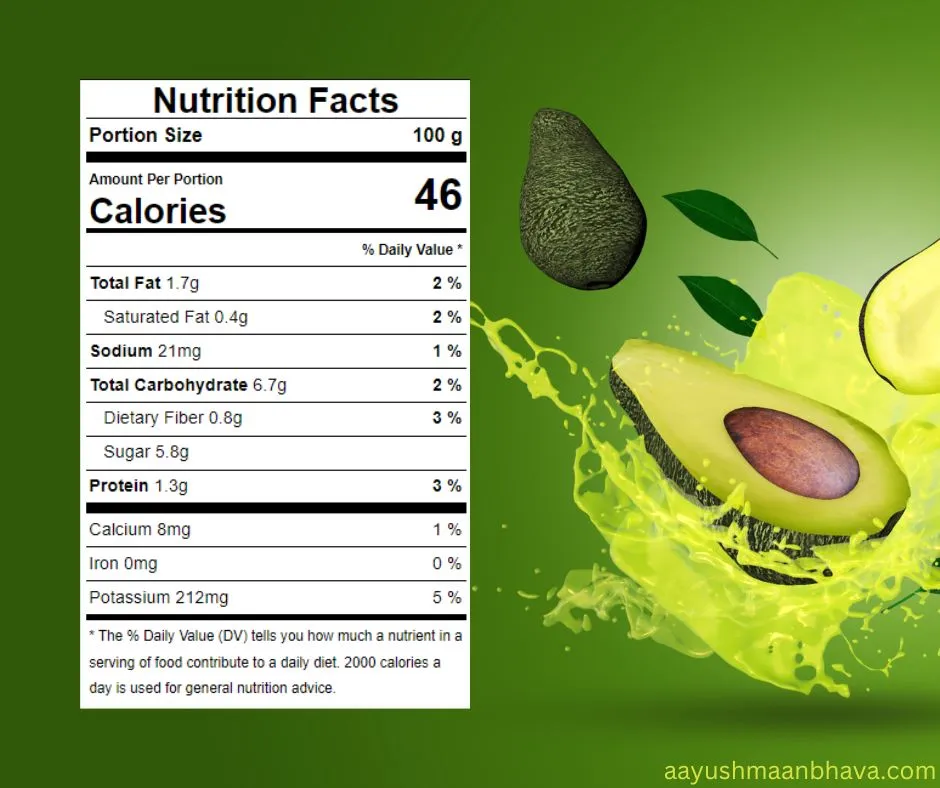
Avocados Salad
Making avocado salad is a simple and easy task. This is a delicious summer salad.
It goes well with a nice piece of toasted bread as a snack or sometimes as a main meal.
Here are some fun recipes
5. Broccoli
Broccoli is a powerhouse vegetable loaded with vitamins K, C, E, and B-complex. Broccoli’s compounds fight cancer by stopping tumor formation and helping destroy existing tumors.
Broccoli Benefits
Broccoli is a good carb-rich in fiber, which aids digestion, prevents constipation, lowers blood sugar, and prevents overeating. Besides, broccoli is an excellent option for weight loss due to its high fiber content.
How Does Broccoli Help You Lose Weight?
Broccoli is a fiber-rich vegetable. Due to its fibrous content, our digestive system works slowly. Soluble fiber absorbs water and forms a gel in your digestive tract, keeping you “fuller” for longer.
Broccoli Nutrition
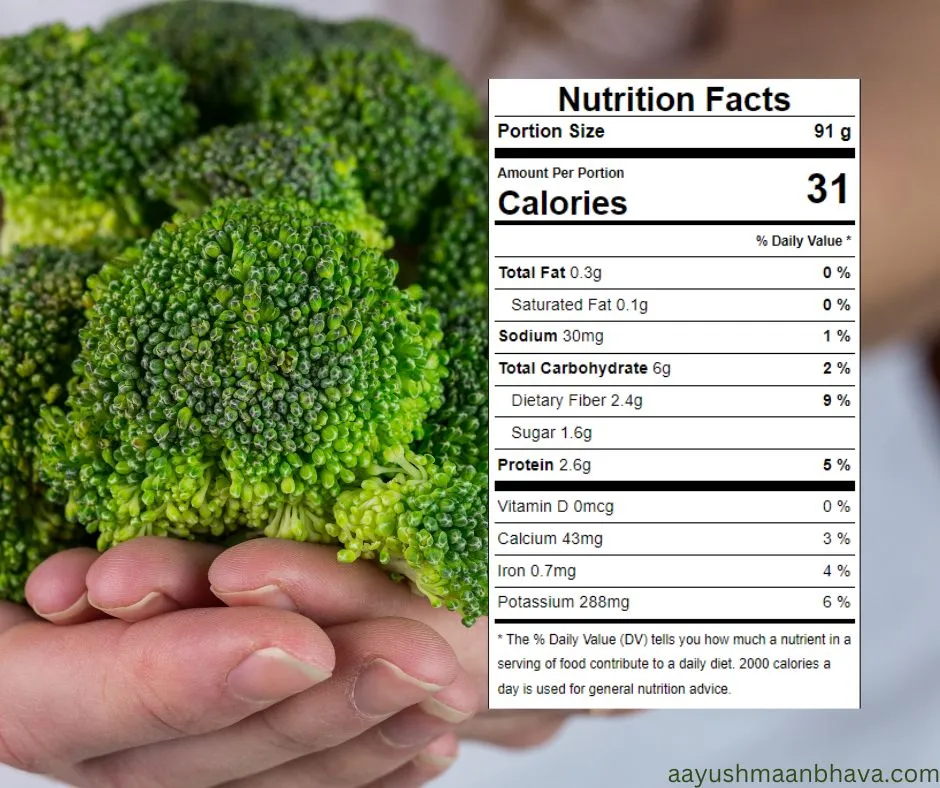
6. Yogurt
Yogurt is one of the best foods for flushing out toxins. Regular yogurt consumption can help rid our bodies of harmful bacteria and toxins. Probiotics in yogurt give us a fighting chance at staying healthy.
Yogurt Benefits
Yogurt is not only healthy because it is low in sugar. It is perfect for your body as it contains protein, saturated fat, and beneficial micronutrients.
Overall, the curd is not only good food for weight loss but also very beneficial for overall health.
Yogurt Nutrition
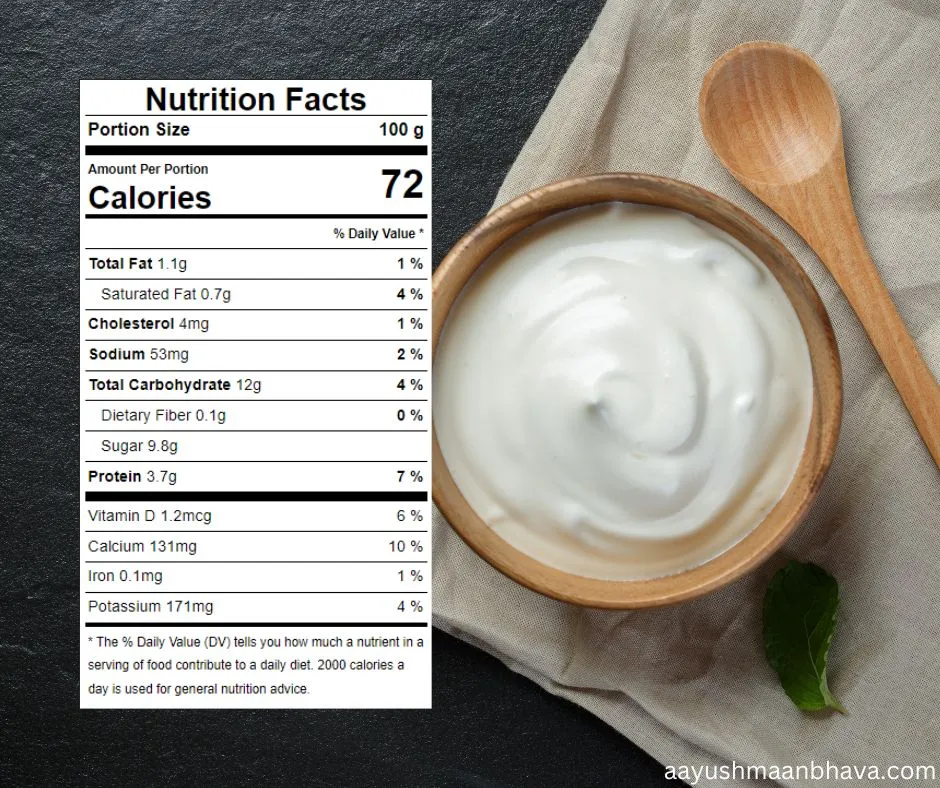
7. Cucumber
People eat cucumber as tasty food, and it is a fruit. Cucumbers have a mild, refreshing taste and are high in water content. They help prevent dehydration from the sun and are pleasant to eat in hot weather.
Cucumber Benefits
We all know that cucumbers are packed with nutrition and are an almost zero-calorie water-filled vegetable. Not only do they taste great in salads, But they can also be eaten as snacks. The best part about them is that they are so easy and light on your stomach that many people include them in their diet to satisfy hunger pangs!
What’s more, cucumbers are rich in nutrition. It contains many vital vitamins and minerals. One cup of sliced cucumber contains only 16 calories but 3.8 grams carbohydrates, 0.6 grams fiber, and 0.6 grams protein. Cucumber is also rich in magnesium, potassium, vitamin C, vitamin K, and manganese.
Cucumber Nutrition

Is cucumber a fruit?
As mentioned above, a fruit is an organism that develops from the fertilized ovary of a flower.
This means that tomatoes, squash, pumpkins, cucumbers, peppers, eggplants, and beans are all fruits;
Botanically, a vegetable is any edible part of a plant that is not a fruit; however, politically and culinary-wise, people’s views may vary.
Cucumber Salad
Try some mouth-watering and satisfying cucumber salads here

